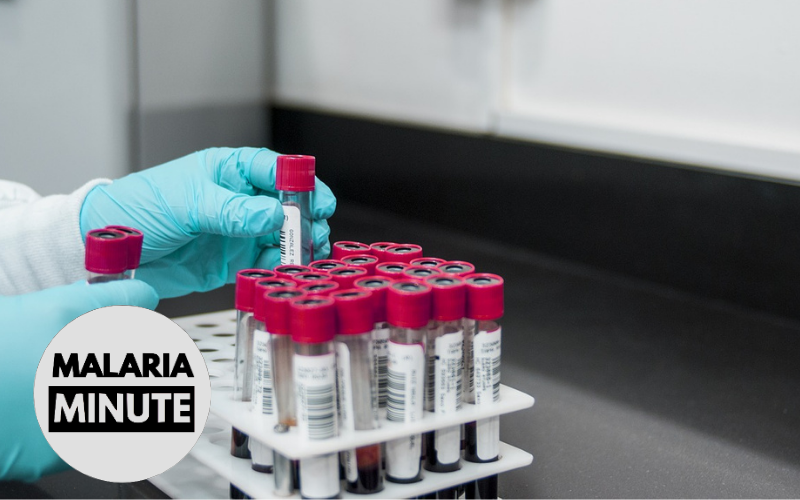Malaria Minute Podcast: CRISPR-Based Malaria Test Useful for Low-Resource Settings
Published: 02/10/2020
A new malaria test offers high specificity from a small form factor, and researchers develop an imaging tool to examine mosquito feeding behaviour
Script
The current tools for diagnosing malaria have limitations; rapid diagnostic tests lack sensitivity and specificity whilst PCR-based molecular tests require time and labour. A new CRISPR-based diagnostic approach, using the ‘SHERLOCK’ protocol, seeks to bridge the gap between the two, offering accurate results from a small form factor. It delivers results in 60 minutes and can differentiate between multiple strains of P. falciparum and P. ovale malaria with 100% specificity. This new generation of tests has particular application to low-resource settings where they will be useful to detect malaria prevalence among asymptomatic patients.
By deploying high-resolution imaging, researchers are now one step closer to understanding the complex feeding behaviour of mosquitoes. The so-called ‘biteOscope’ is a device that attracts mosquitoes to a host mimic with artificial blood. The host is transparent to allow for the recording of activity, with a particular focus on movement and posture.
THEMES: Diagnostics



